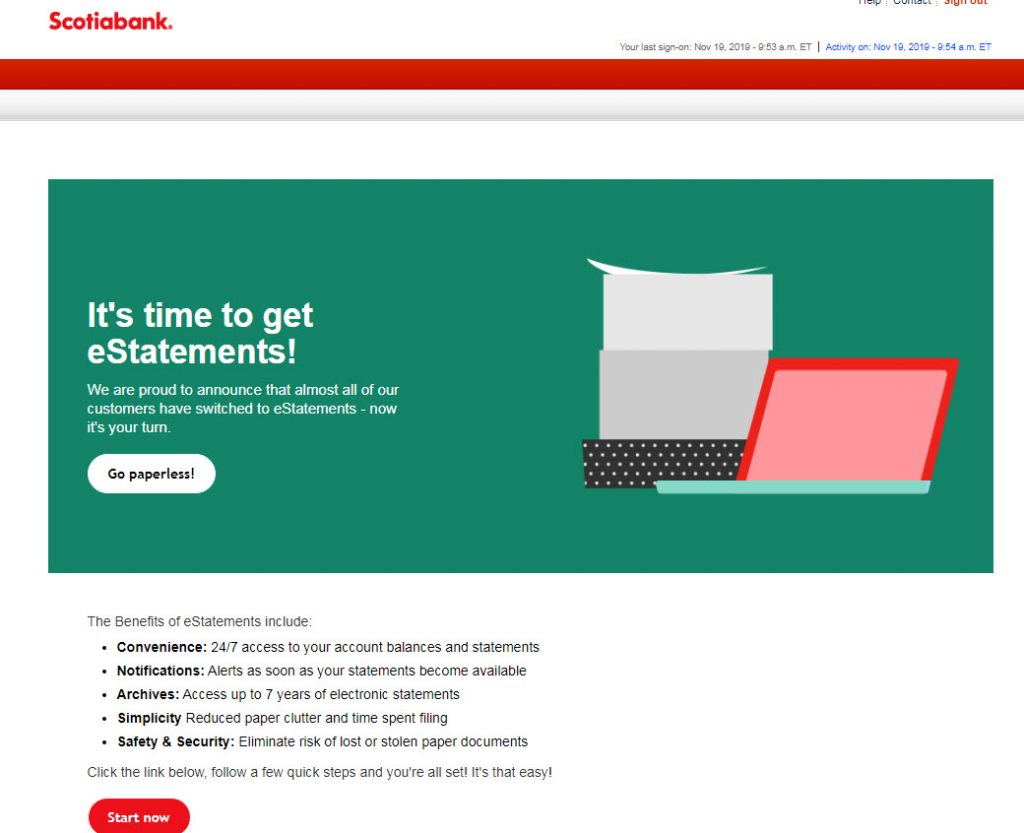J.D. Power Fall 2009 Credit Card Satisfaction Survey
Each fall J.D. Powers conducts a very comprehensive credit card survey. It rates overall satisfaction, along with how happy cardholders are with their rewards, payment processing, problem resolution, customer service, and fees.
This year, American Express rated five stars, head and shoulders above other national card issuers in all categories. At the bottom of the bottom, with the worst score on customer’s satisfaction with their credit cards were Capital One, along with GE Money. GE is a surprise, as they handle the Wal Mart cards, and Wal Mart prides itself on great customer service! As to Capital One – what’s in your wallet? I hope it’s not one of their cards!
But the scary response to the survey was that 53% of us did not know the interest rate on their card, even though it is printed on every statement. Not knowing that we are paying around 20% on our credit cards is not good news!
Scotiabank can’t be happy with a bunch of national press recently. But there’s a great lesson for anyone over age 59 to learn! All banks offer seniors a no charge service banking packages, or greatly reduced service charges at various ages, but for most it’s at age 59. Barry Ashpole, a 66-year old college teacher, had the TD and Royal automatically lower his fees, because all the banks have your birth date on file. But Scotia kept charging him the full service charges for seven more years! When he discovered the huge overcharges, he hit a wall of no help to get this reversed, and fought it all the way to their Ombudsman’s office. At that point, he received a six month refund of $71. They wouldn’t refund the other six and a half years! You need to make sure you know when you are entitled to a break of the huge service charges, or you’ll get taken, as Barry Ashpole found out the VERY expensive way.
And a final update on your credit cards: Time and time again, I point out how critical it is to check your credit card statement line by line. Stuff shows up that’s not yours, merchants who accidentally, or because of a kinky staff member, charge things twice, and all kinds of errors can and do happen. But less than 10% of us look at our statement items – and that number is way lower if you get your statement on-line!
There is a phrase you need to know. It’s called post transactional marketing. You buy something from a retailer on-line, or join a web site. Often you’ll get a pop-up asking you to join a loyalty program for deals, alerts, or whatever. Be careful, because in many instances, these pages look like they come from the retailer, but they’re third parties, and deeply buried in the fine print is a note that you’re actually going to have a monthly fee charged to your credit card! And it’s not small business, but the 1-800 Flowers, Barnes & Noble, airlines, Priceline and buy.com sites!
Be careful, as these marketers have scammed people out of over $1.5 billion so far, Facebook has now been hit with a class action lawsuit, alleging that they allow, promote, or profit from these post transactional marketing, and the U.S. Congress is holding hearings on the issue.

